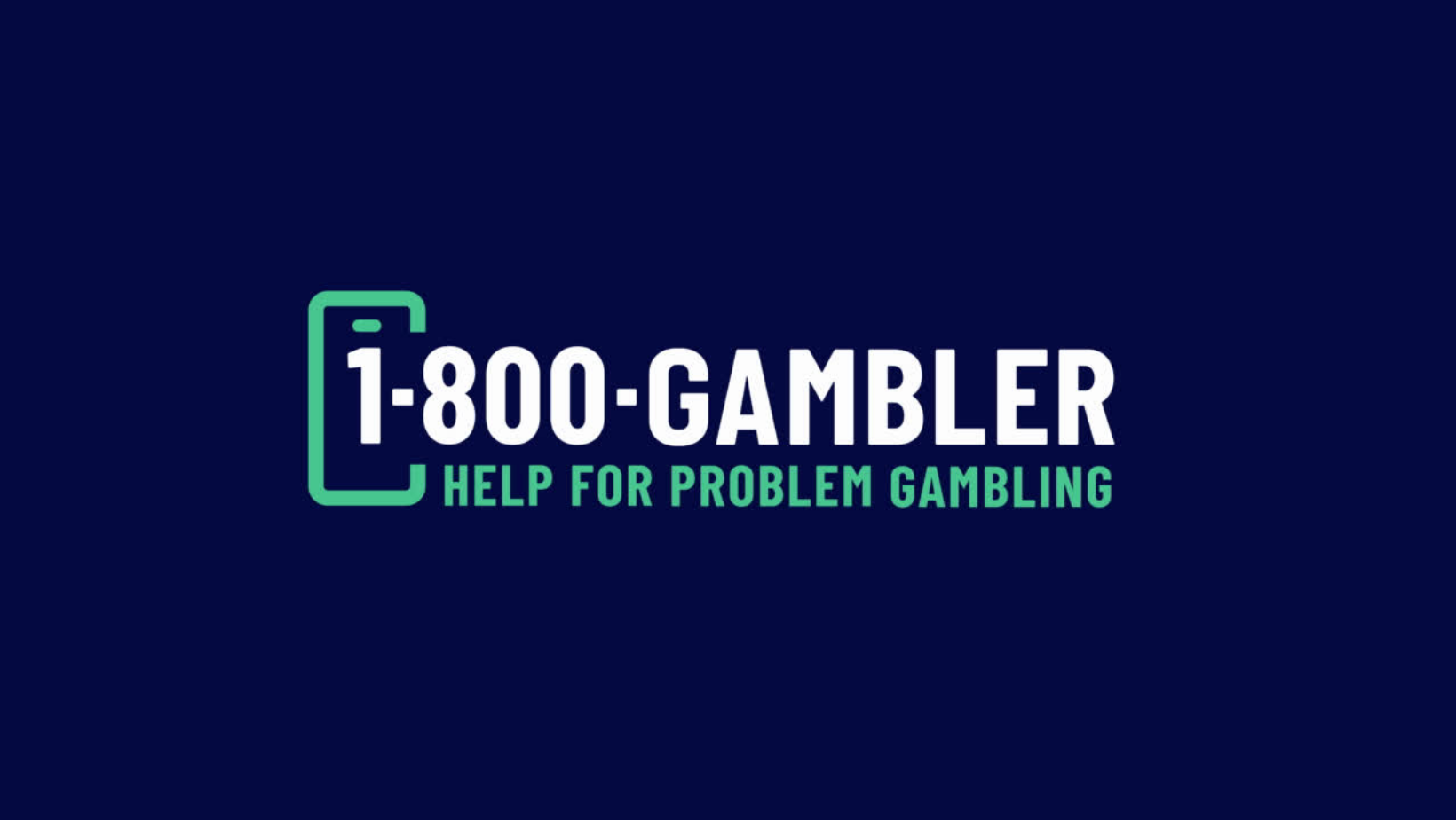Why the 1-800-GAMBLER Case in the U.S. Matters for Bermuda
When the National Council on Problem Gambling (NCPG) announced that it would have to stop managing the well-known 1-800-GAMBLER helpline after September 29, 2025, it raised alarm bells across the United States. The number has been the trusted, centralized way for people struggling with gambling addiction to get confidential help anytime, anywhere.
But the impact of this decision goes far beyond American borders. For small jurisdictions like Bermuda, the controversy is a reminder of how fragile helpline systems can be — and why international collaboration and access to overseas support lines are so important.
What’s happening with 1-800-GAMBLER?
A recent court ruling means NCPG will no longer be allowed to manage or use 1-800-GAMBLER as the national helpline. This could lead to:
Dropped calls and routing errors when people need help most.
Loss of text and online support, cutting off those who prefer digital outreach.
Reduced access for small U.S. states and territories that rely entirely on NCPG’s infrastructure.
Inconsistent quality and language access, with each state potentially setting different standards.
NCPG has warned that this could create a public health emergency, leaving people unsure where to turn in crisis.
Why this matters to Bermuda
Bermuda faces many of the same challenges as small U.S. states: a limited population, small workforce, and restricted resources for specialized services. Running a 24/7, multilingual gambling helpline entirely in-house is expensive and difficult. That’s why overseas partnerships matter.
The 1-800-GAMBLER dispute in the United States is a wake-up call. When a helpline collapses, people with gambling problems lose their lifeline to recover. For Bermuda, the lesson is clear: we must invest in international partnerships and redundancy now, so that no one is left without help when they need it most. By learning from the U.S. case, Bermuda can ensure that its problem gambling safety net remains strong, reliable, and accessible for all.

